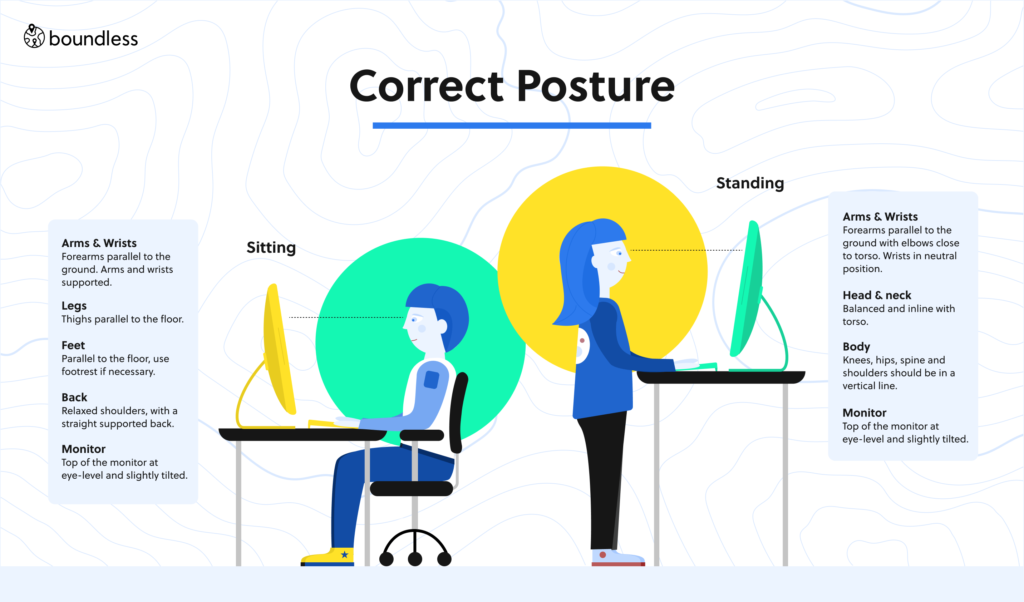

In Portugal, telework or remote work is defined as work performed under a regime of legal subordination, in a place not determined by the employer, through the use of information and communication technologies, including work done in a mixed/hybrid regime, where telework and on-site work are alternated. It requires a written agreement between the employer and employee and a teleworking contract outlining the remote work clauses and policies. This can also be directly added to the employment contract.
Employees with young children and ones who are victims of domestic violence have the right to telework, given that the job performed and resources available allow so.
For employees who are already employed and changing their work location from an office to their home, the teleworking agreement can be entered into for a fixed or indefinite period of time. If it's for a fixed term, it cannot exceed 6 months and will be automatically renewed for equal periods, as long as neither of the parties asks it's not renewed up to 15 days before the expiry. If the agreement has an indefinite duration, any of the parties may terminate it by written notice, which takes effect after 60 days. Either party can end the new arrangement within the first 30 days. When the teleworking contract ends, the worker resumes the work previously agreed upon.
For employees to be allowed to work from home, there needs to be a written telework contract containing the following details:
Employers have the following obligations:
Employees have the following obligations:
If the proposal for a telework agreement comes from the employer, the employee's opposition does not have to be justified, and the refusal cannot constitute grounds for dismissal or the application of any sanction.In the event that the activity agreed with the employee is, by the way it is integrated in the functioning of the company, and taking into account the resources available to it, compatible with the telework regime, the proposal of agreement made by the employee may only be refused by the employer in writing and with an indication of the reasons for the refusal.
The employer may define, by publicized internal regulations, and in compliance with the General Data Protection Regulation, approved by Regulation (EU) 2016/679 of the European Parliament and of the Council of 27 April 2016, the activities and the conditions under which the adoption of telework in the company may be accepted by it.
Employers have the same health and safety responsibilities to the employees working remotely as they do to those working from the office. There's a particular emphasis on the employee's mental welfare, and an obligation for employers to avoid remote workers' isolation. Employees are entitled to regular health and eye exams and appropriate equipment to protect their eyes.
Employers must conduct a risk assessment and prevention, and inform employees of risks they might be exposed to when working from home. Due to the limitations of access to the employee's home office, they must comply with the health and safety provisions and instructions. They have to inform their employer of an accident immediately.
Employees working from home are protected against work-related accidents and illness. The worker's compensation insurance that applies to the office premises is extended to remote workers. It requires that the company communicates the telework arrangements to the insurance provider, including the employee's address, which needs to be included in the insurance policy.
Companies are responsible for ensuring they have sufficient data security and data protection practices for homeworking, protecting their data and personal information. The same level of security applied at an office should be applied in a remote environment. Companies should provide employees with a company computer if an employee's personal computer imposes information confidentiality risks. Employees must also ensure information confidentiality, preventing potential threats, such as leaving the equipment unattended in public places.
The application of any sanction to employees for the use of equipment and systems beyond the needs of the service, when such use is not expressly conditioned under the terms of the internal regulations or under the terms of the telework agreement, constitutes a serious administrative offence.
Best practices to ensure security include:
Employers must take all reasonable steps to ensure the employee's workstation is correctly set up, safe, comfortable and easy to use to reduce potential injuries as indicated in the health and safety measures. In turn, employees must care for their health and safety and follow any reasonable policies or directions their employer gives them.
An appropriate workstation will include the following:

Employees working from home have the same rights and duties as those working from the office. Remote employees should not be impacted with limitations to their career, promotions and professional training. Health & Safety Safety at work, protection in the context of accidents at work and occupational diseases and regular working hours must also be respected.
Employers are not allowed to use remote surveillance through a computer application or any other means to control their performance. Surveillance is only accepted if the purpose is to protect and secure people and goods or when particular requirements inherent to the activity's nature justify it, and National Data Protection Commission must approve it. Furthermore, the employer must inform the employee about the existence and purpose of the surveillance means used. Tracking an employee's time on a task, websites accessed, the employee's real-time location, forcing an employee to use their camera during calls or capturing photos of the employee's screen are forbidden.
Visit to the workplace can only take place during working hours and requires the agreement of the employee and prior notice at least 24 hours in advance.
Recommendations for employees working from home: